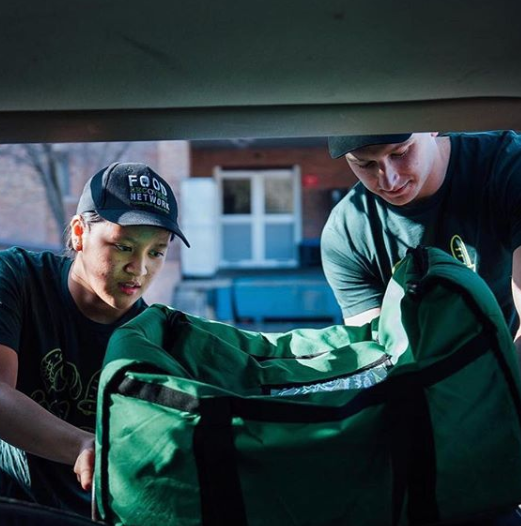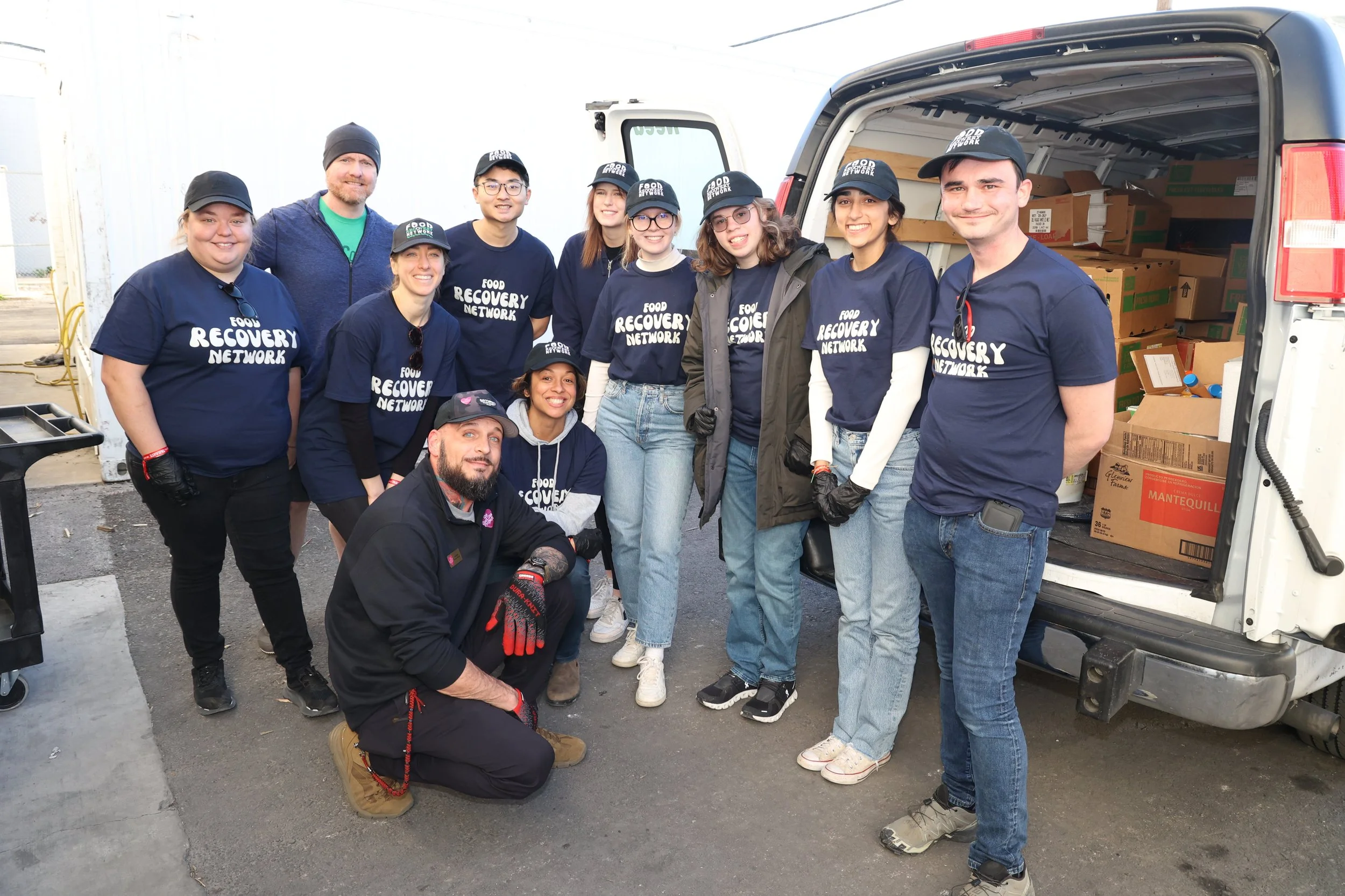Akhila is the chapter leader at Pace University, a new chapter that joined FRN during Fall 2020. She started this chapter because of her work with the United Nations Millennium Fellowship and will also be establishing a composting program at her school!
Melody, Food Recovery Network National Staff (FRN): What is most fulfilling about your work with FRN. Why?
Akhila: I am very excited to be a part of a growing movement of people dedicated to helping those in need and are malnourished or food insecure. It is a fantastic initiative involving the youth of our country that I understand started back in {2011} at the University of Maryland, College Park. It is especially important to give back to those in need during these challenging times due to the COVID-19 pandemic… Food waste is responsible for greenhouse gas emissions, and often food distribution is unequal across various economic divisions. For all these reasons, I am proud… to start recovering food!
FRN: What is your favorite part of being a member of your FRN chapter?
Akhila: I enjoy meeting new people. I also enjoy giving back to those affected by COVID-19 during this time, as it disproportionately affects certain populations and leaves them vulnerable.
FRN: If you are a chapter founder, why did you want to start a chapter in your community?
Akhila: I feel that Westchester County, which is located right above New York City, is diverse and has a large subsect of people in need of fresh food. Some populations are wealthier and can, fortunately, enjoy these various comforts, however, nutritious food should be available for everyone. Everyone deserves a hot meal at the table every night.
WHAT GOES INTO STARTING A CHAPTER?
FRN: During the pandemic, how has this experience been valuable to you?
Akhila: I feel as I have stated before, is more important than ever to give back. Many have lost jobs due to COVID-19, and {many} over 60 are most vulnerable to becoming severely ill. It is very important that everyone can access quality food during this time, as maintaining a healthy lifestyle is most important, for both physical and mental well-being. It is also one less thing for people to worry about during this already challenging time.
FRN: What does a just and equitable food system look like to you?
Akhila: A just and equitable food system is one where the lack of money does not inhibit anyone from accessing clean and nutritious food. It makes sure that everyone in the population can be fed three meals a day where they can function and be in their optimal health.
FRN: What advice would you give to new members – especially during a pandemic? What was something you wish someone had told you before you took on your role?
Akhila: It is important not to stress too much about meeting benchmarks... things would come together easier if {you} were meeting in person. It is important to give yourself a break, and not put too much on your plate...The FRN National HQ can certainly help you navigate the process.
FRN: What is your Instagram handle?
Akhila: My Instagram handle is @keeksthehun, and I have also recently started a non-profit initiative called “Food for Thought”, which username is @7billionfoodies.





